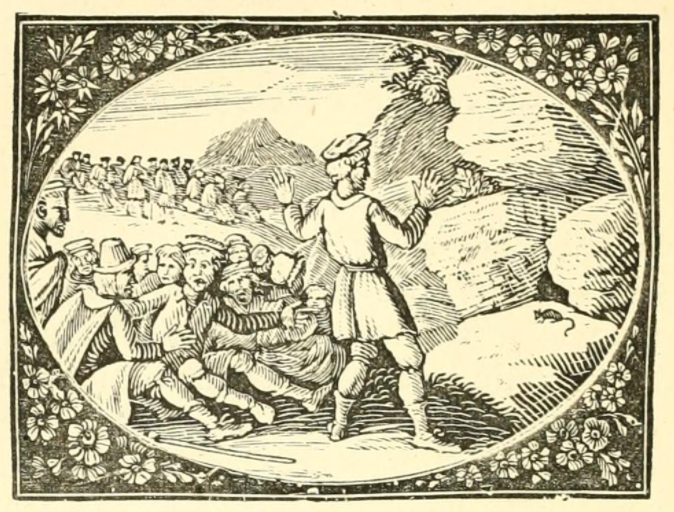τρὶς (adverb): three times
οὐδέ (adverb.): not even
σύν (prep.+dat.): with, together with
καθώς (adverb): as, just as
εἶτα (adverb): then, next
These are the proverbs (and there are always more proverbs at the blog):
Οὐδὲ Ἡρακλῆς πρὸς δύο.
Σὺν Ἀθηνᾷ καὶ χεῖρας κίνει.
Καθὼς ἡ μήτηρ καὶ ἡ θυγάτηρ.
Ὤδινεν ὄρος, εἶτα μῦν ἀπέτεκεν.
And now, some commentary:
Οὐδὲ Ἡρακλῆς πρὸς δύο.
Not even Heracles (fights) against two.
In other words: don't pick a fight where your enemies outnumber you. The saying appears in a fragment of the archaic poet Archilochus. Meanwhile, you can read about the exploits of the hero Hercules at Wikipedia: Heracles.
Δὶς καὶ τρὶς τὸ καλόν.
Two times and three times (repeat what is) good.
The idea is that if something is good, once is not enough: repeat it again, and then again — two times and three. You can find this proverbial saying in Plato. Here's a rhyming version in English: "That which seemeth well, 'tis well twice and also thrice to tell." The saying is often applied to things that are well said, but I like to think of having second and third helpings of food that is good to eat!
Σὺν Ἀθηνᾷ καὶ χεῖρας κίνει.
With Athena, move your arms too!
This is from an Aesop's fable (Perry 30) about an Athenian whose ship went down in a storm; as he was praying to Athena to save him, a sailor from the ship swam by him and spoke these words. Compare the English saying, "God helps them that help themselves."
Καθὼς ἡ μήτηρ καὶ ἡ θυγάτηρ.
As the mother, so also the daughter.
Compare the English saying, "Like mother, like daughter." The Greek kinship terms are related to the English terms; you can see a handy table of Indo-European kinship terms at Wikipedia.
Ὤδινεν ὄρος, εἶτα μῦν ἀπέτεκεν.
The mountain groaned in labor; then it gave birth to a mouse.
This saying became part of the Aesopic tradition: The Mountain in Labor. Erasmus provides Greek citations, along with the famous instance in Horace: Parturient montes, nascetur ridiculus mus. From Greek ὄρος we get orography in English, the scientific description of mountains.
And here's a random proverb and a random LOLCat too :

No comments:
Post a Comment